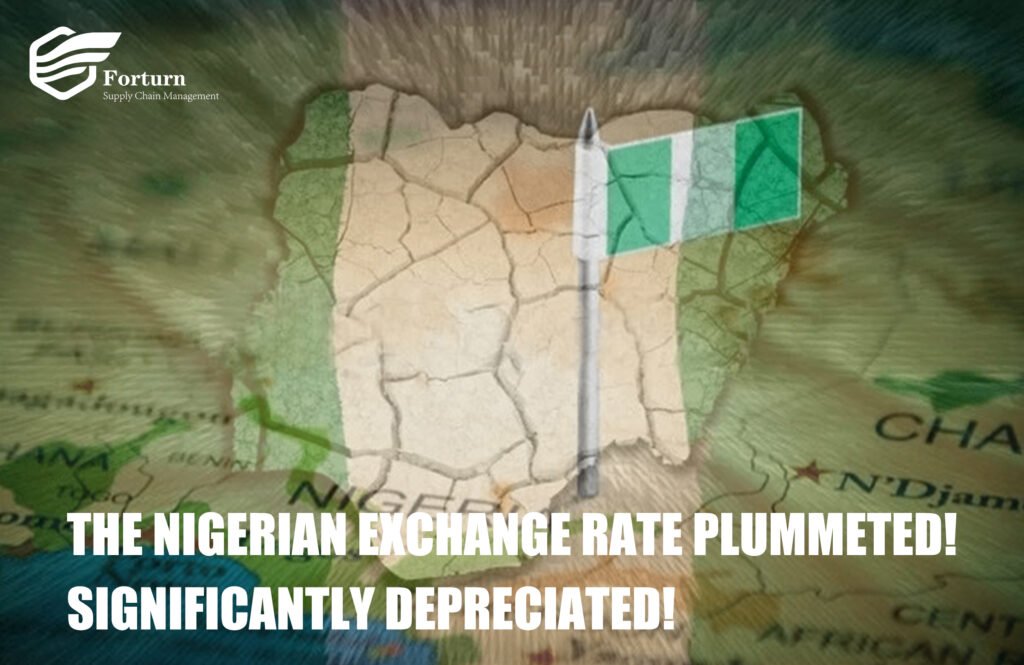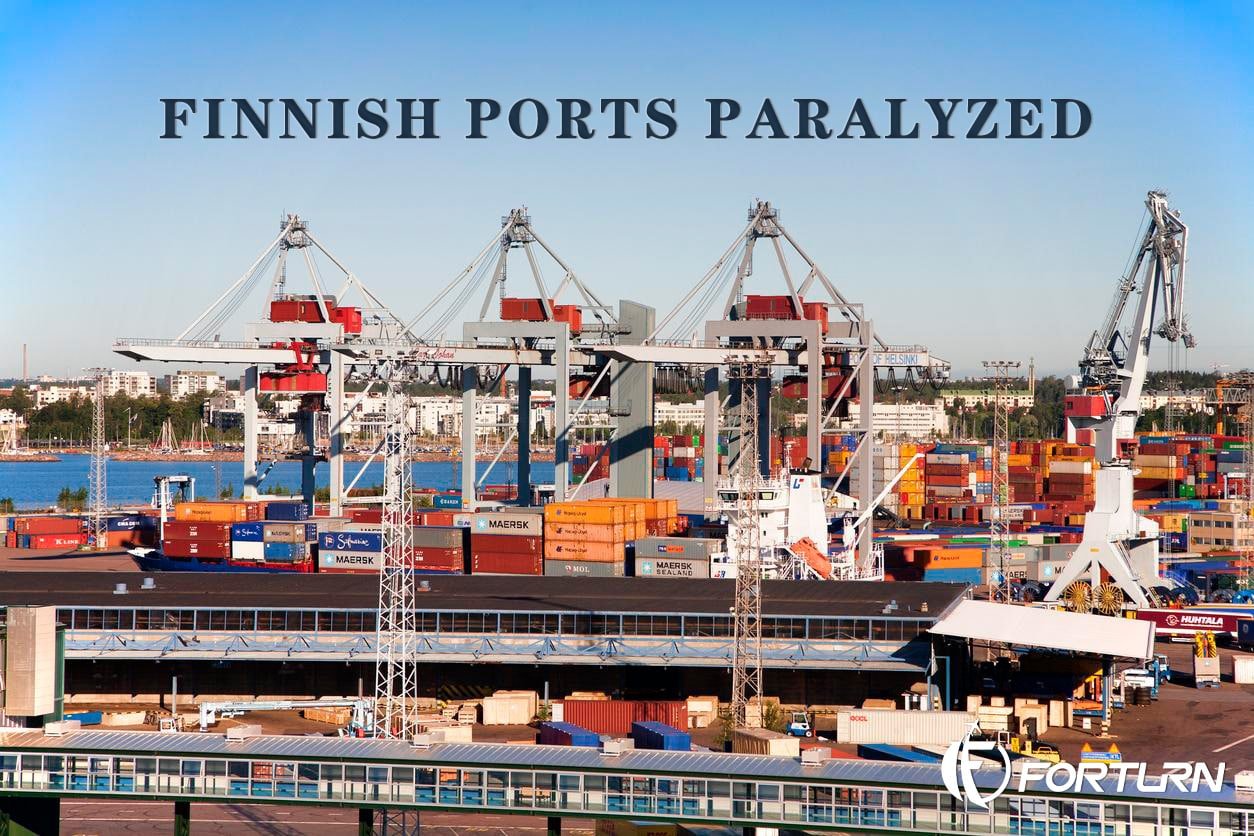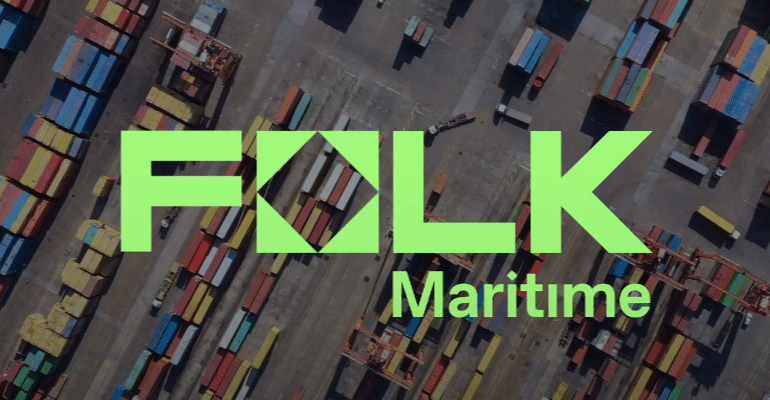The Nigerian exchange rate plummeted! Significantly depreciated!
As Africa’s most populous country and largest economy, Nigeria is facing serious financial problems: increasing debt, declining income, plummeting exchange rate, and soaring inflation…
1. Naira may depreciate by more than 30% in 2023
According to reports, Nigeria, Africa’s largest economy, is expected to devalue its currency, the naira, by the largest margin in six years after the February 2023 general election, to meet market expectations. Nigeria’s multiple exchange rate regulation, dominated by a tightly controlled official exchange rate, has cut off many businesses and individuals from transactions, driving demand to an unauthorized market. This resulted in a significant widening of the spread between the managed market and the parallel market. There is a difference of almost 77%. In 2021, the Central Bank of Nigeria will devalue the naira by 7.6%, moving towards a single exchange rate system.

The estimate is that the next devaluation will depreciate the naira by as much as a fifth, which would take the naira to 533 nairas per dollar. Last month, American economist Tatonga Rusike gave a similar forecast. The median of 10 respondents to the survey saw the naira weaken to 583 nairas to the dollar. A price decrease of 20%-33% would be the largest since 2016. The naira has lost 4.5% against the dollar in 2022.
2. The financial crisis
Mark Bohlund, an analyst at research firm REDD Intelligence, said a weaker naira could push up annual inflation. Annual inflation in Nigeria is currently at a 17-year high of 21.1%. Many experts expressed concern that the continued deterioration of Nigeria’s financial situation will meet a crisis. According to data from the Nigerian Federal Debt Management Office, Nigeria’s 2023 budget has set 6.31 trillion nairas ($14.51 billion) for debt repayment, accounting for 30.8% of the estimated total expenditure of the year, and is expected to be 71.2% higher than that in 2022. The national debt has increased by 30.72 trillion nairas ($70.62 billion) since the current president took office, an increase of 253.47%.

3. Increased risk of political instability
In addition, Nigeria and other countries in sub-Saharan Africa face risks of social and political instability and food insecurity due to rising inflation, the International Monetary Fund (IMF) said. Inflation in the region is almost double its Covid-19 level, although it is less dramatic than in other parts of the world and driven by different factors, the IMF said. In terms of food, prices of staples such as maize and wheat have risen since 2019, accounting for one-half to two-thirds of overall inflation in the region, and are projected to increase by 2022 in Nigeria and other sub-Saharan countries. 12% of the population will face severe food insecurity. In addition, the fiscal and monetary policies of various countries are facing challenges. Raising interest rates to control inflation may kill investment credit, suppress economic activities, and reduce income. Fiscal consolidation and the global economic slowdown will also put pressure on the economic activities of various countries.

4. Growth outlook
In its October World Economic Outlook (WEO) released by the International Monetary Fund, the IMF downgraded Nigeria’s economic growth outlook by 0.2% to 3.2% and down to 3% in 2023. Both estimates were down 20 basis points (bps) from July forecasts of 3.4% and 3.2%. Nigeria’s GDP grew by 3.4% in the first quarter of 2022 but slowed to 3.1% in the second quarter, and the average performance so far has been below the federal government’s 2022 projections. The IMF also cut sub-Saharan Africa’s growth rate to 3.6% from 3.8%, while the global economy is expected to expand by 3.2% this year and 2.7% in 2023, a sharp decline from 6% growth in 2021.
For China, Nigeria is China’s largest export market, second largest trading partner, and main investment destination country in Africa, and the two countries cooperate closely in various fields. Enterprises that have trade relations with Nigeria in the near future must maintain close contact with local customers and manage risks in advance to avoid losses.










